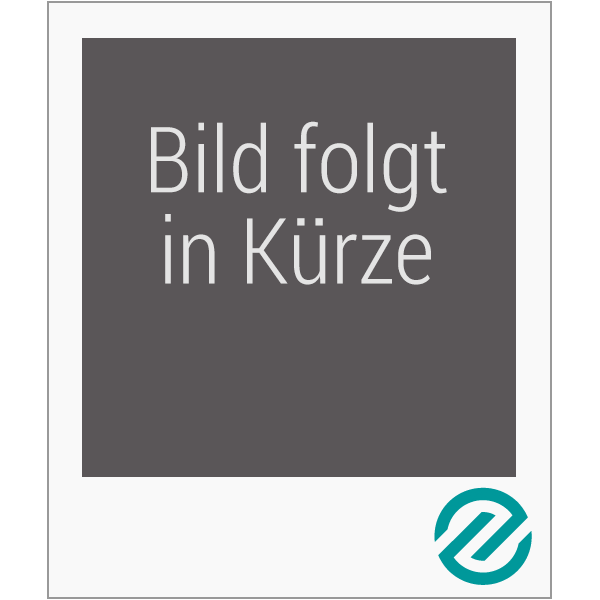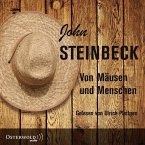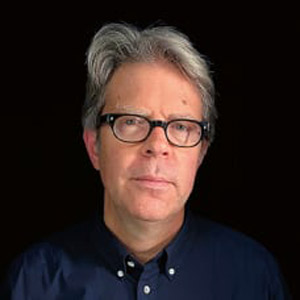Patty and Walter Berglund were the new pioneers of old St. Paul - the gentrifiers, the hands-on parents, the avant-garde of the Whole Foods generation. Patty was the ideal sort of neighbour who could tell you where to recycle your batteries and how to get the local cops to actually do their job. She was an enviably perfect mother and the wife of Walter's dreams. Together with Walter - environmental lawyer, commuter cyclist, family man - she was doing her small part to build a better world. But now, in the new millennium, the Berglunds have become a mystery. Why has their teenage son moved in with the aggressively Republican family next door? Why has Walter taken a job working with Big Coal? What exactly is Richard Katz - outre rocker and Walter's old college friend and rival - still doing in the picture? Most of all, what has happened to poor Patty? Why has the bright star of Barrier Street become "a very different kind of neighbour," an implacable Fury coming unhinged before thestreet's attentive eyes? In his first novel since "The Corrections", Jonathan Franzen has given us an epic of contemporary love and marriage. Freedom comically and tragically captures the temptations and burdens of too much liberty: the thrills of teenage lust, the shaken compromises of middle age, the wages of suburban sprawl, the heavy weight of empire. In charting the mistakes and joys of Freedom's intensely realized characters, as they struggle to learn how to live in an ever more confusing world, Franzen has produced an indelible and deeply moving portrait of our time.

Seit er älter geworden ist und weniger Angst davor hat, Fehler zu machen, spricht Jonathan Franzen besser Deutsch als früher. Als Student in Berlin habe er aus lauter Perfektionismus lieber geschwiegen, als ein Gespräch mit anderen Menschen und mögliche sprachliche Schnitzer zu riskieren, sagte der Schriftsteller im Schauspiel Frankfurt. Dort las er am Freitagabend vor ausverkauftem Haus aus seinem neuen Roman "Freiheit". Während seines Aufenthaltes in Berlin habe er monatelang allein auf seinem Zimmer gehockt und an seinem ersten Roman geschrieben. Was ihm in dieser Zeit an deutscher Literatur in die Hände gefallen sei, habe ihn - von Rilke über Mann und Kafka bis zu Döblin - verwandelt. In Frankfurt schien Franzen nun sein eigenes Buch aus einem englischen in ein deutsches zu verwandeln, ganz allein mit seinem Publikum und einem ihm vertrauten Text, dessen plötzlich fremdem Sprachfluss er so natürlich folgte, als tue er seit Wochen nichts anderes. Trotz mehrfach eingestandener Buchmessenmüdigkeit floh Franzen nur von Zeit zu Zeit ins Englische, kämpfte sich aber immer wieder in die selbstgewählte Konversationssprache des Abends zurück. Die Schuld daran gab er der kulturellen Prägung in der amerikanischen Heimat und seinen noch immer hohen Ansprüchen an sich selbst. "Ich denke wie ein Protestant an die Arbeit, ich komme nach Deutschland, um hier zu arbeiten." Es scheine ihm eben komisch, als Schriftsteller auf Besuch in einem anderen Land stumm eine halbe Stunde dem Vortrag eigener Texte zu lauschen. Anders verhielt es sich in Frankfurt, wo Franzen mitten im Vortrag der bei Rowohlt erschienenen deutschen Fassung seines Buches voller Freude das entdeckte, was er "ein Fehlerchen" nannte. Prompt war ein Stift gezückt und der Schnitzer eingekreist. Sprachliche Freiheit sollte nicht überhand nehmen, da sind Korrekturen manchmal das einzig Richtige. (balk.)
Alle Rechte vorbehalten. © F.A.Z. GmbH, Frankfurt am Main
'Deeper, funnier, sadder and truer than a work of fiction has any right to be' Independent on Sunday
'Head and shoulders above any other book this year: moving, funny and unexpectedly beautiful. I missed it when it was over' Sam Mendes, Observer, Books of the Year
'A cat's cradle of family life, and if the measure of a good book is its afterburn, 'Freedom' is a great book' Kirsty Wark Observer, Books of the Year
'I loved 'Freedom'. His acute observations of emotional faultlines, his dialogue and above all his wry humour are delightful' Antony Beevor, Sunday Telegraph, Books of the Year
'Franzen pulls off the extraordinary feat of making the lives of his characters more real to you than your own' David Hare, Guardian, Books of the Year
'No question about it: 'Freedom' swept everything before it in intricately observed, humane, unprejudiced armfuls. There was no novel to touch it in 2010' Philip Hensher, Daily Telegraph, Books of the Year
'By the end of 'Freedom' you may feel you understand its protagonists better than you know anyone in the world around you' Nicholas Hytner, Evening Standard, Books of the Year
'The novel of the year. Its portrait of a marriage, luminously and wittily drawn against a backdrop of modern America, is as good as literature gets' Sarah Sands, New Statesman, Books of the Year
'Head and shoulders above any other book this year: moving, funny and unexpectedly beautiful. I missed it when it was over' Sam Mendes, Observer, Books of the Year
'A cat's cradle of family life, and if the measure of a good book is its afterburn, 'Freedom' is a great book' Kirsty Wark Observer, Books of the Year
'I loved 'Freedom'. His acute observations of emotional faultlines, his dialogue and above all his wry humour are delightful' Antony Beevor, Sunday Telegraph, Books of the Year
'Franzen pulls off the extraordinary feat of making the lives of his characters more real to you than your own' David Hare, Guardian, Books of the Year
'No question about it: 'Freedom' swept everything before it in intricately observed, humane, unprejudiced armfuls. There was no novel to touch it in 2010' Philip Hensher, Daily Telegraph, Books of the Year
'By the end of 'Freedom' you may feel you understand its protagonists better than you know anyone in the world around you' Nicholas Hytner, Evening Standard, Books of the Year
'The novel of the year. Its portrait of a marriage, luminously and wittily drawn against a backdrop of modern America, is as good as literature gets' Sarah Sands, New Statesman, Books of the Year



